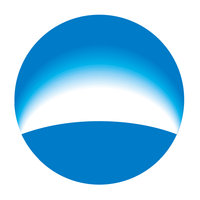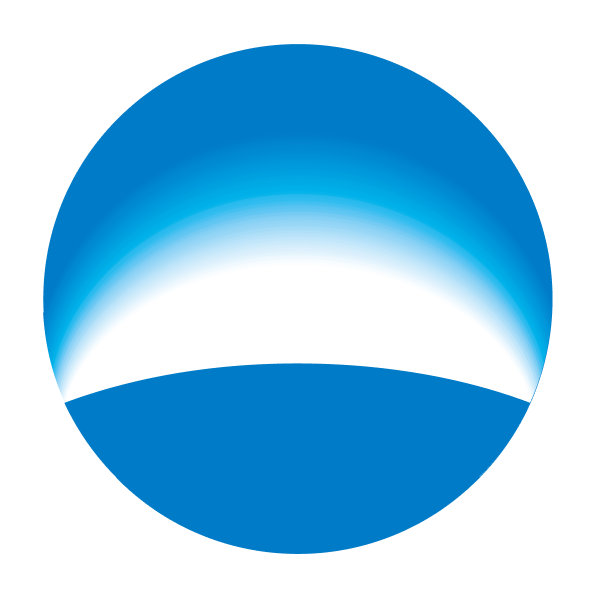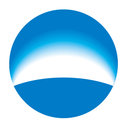
Woori Financial Group Inc
KRX:316140


| US |

|
Johnson & Johnson
NYSE:JNJ
|
Pharmaceuticals
|
| US |

|
Berkshire Hathaway Inc
NYSE:BRK.A
|
Financial Services
|
| US |

|
Bank of America Corp
NYSE:BAC
|
Banking
|
| US |

|
Mastercard Inc
NYSE:MA
|
Technology
|
| US |

|
UnitedHealth Group Inc
NYSE:UNH
|
Health Care
|
| US |

|
Exxon Mobil Corp
NYSE:XOM
|
Energy
|
| US |

|
Pfizer Inc
NYSE:PFE
|
Pharmaceuticals
|
| US |

|
Palantir Technologies Inc
NYSE:PLTR
|
Technology
|
| US |

|
Nike Inc
NYSE:NKE
|
Textiles, Apparel & Luxury Goods
|
| US |

|
Visa Inc
NYSE:V
|
Technology
|
| CN |

|
Alibaba Group Holding Ltd
NYSE:BABA
|
Retail
|
| US |

|
3M Co
NYSE:MMM
|
Industrial Conglomerates
|
| US |

|
JPMorgan Chase & Co
NYSE:JPM
|
Banking
|
| US |

|
Coca-Cola Co
NYSE:KO
|
Beverages
|
| US |

|
Walmart Inc
NYSE:WMT
|
Retail
|
| US |

|
Verizon Communications Inc
NYSE:VZ
|
Telecommunication
|
Utilize notes to systematically review your investment decisions. By reflecting on past outcomes, you can discern effective strategies and identify those that underperformed. This continuous feedback loop enables you to adapt and refine your approach, optimizing for future success.
Each note serves as a learning point, offering insights into your decision-making processes. Over time, you'll accumulate a personalized database of knowledge, enhancing your ability to make informed decisions quickly and effectively.
With a comprehensive record of your investment history at your fingertips, you can compare current opportunities against past experiences. This not only bolsters your confidence but also ensures that each decision is grounded in a well-documented rationale.
Do you really want to delete this note?
This action cannot be undone.

| 52 Week Range |
12 450
17 200
|
| Price Target |
|
We'll email you a reminder when the closing price reaches KRW.
Choose the stock you wish to monitor with a price alert.

|
Johnson & Johnson
NYSE:JNJ
|
US |

|
Berkshire Hathaway Inc
NYSE:BRK.A
|
US |

|
Bank of America Corp
NYSE:BAC
|
US |

|
Mastercard Inc
NYSE:MA
|
US |

|
UnitedHealth Group Inc
NYSE:UNH
|
US |

|
Exxon Mobil Corp
NYSE:XOM
|
US |

|
Pfizer Inc
NYSE:PFE
|
US |

|
Palantir Technologies Inc
NYSE:PLTR
|
US |

|
Nike Inc
NYSE:NKE
|
US |

|
Visa Inc
NYSE:V
|
US |

|
Alibaba Group Holding Ltd
NYSE:BABA
|
CN |

|
3M Co
NYSE:MMM
|
US |

|
JPMorgan Chase & Co
NYSE:JPM
|
US |

|
Coca-Cola Co
NYSE:KO
|
US |

|
Walmart Inc
NYSE:WMT
|
US |

|
Verizon Communications Inc
NYSE:VZ
|
US |
This alert will be permanently deleted.
 Woori Financial Group Inc
Woori Financial Group Inc
Woori Financial Group Inc
Investor Relations
Woori Financial Group Inc., rooted in the vibrant economic landscape of South Korea, is a financial services behemoth with origins tracing back to the early 20th century. The journey began with its predecessor, Commercial Bank of Korea, evolved through the trials of Korea's dynamic financial history, and has grown into a leading integrated financial service provider. As a conglomerate, Woori serves as an umbrella for its diverse subsidiaries, each contributing to a comprehensive suite of services that include banking, investment, asset management, and insurance. This diversification allows Woori to tap into various revenue streams, bolstering its resilience amid the global economic ebb and flow.
Central to Woori's operations is its flagship arm, Woori Bank, which thrives on traditional banking pillars such as retail and corporate banking. Here, the company generates revenue through interest income by lending operations and managing deposits. Simultaneously, their non-interest revenue streams, including fees from wealth management and credit card transactions, provide significant financial buoyancy. Woori's strategic investments in digital transformation echo its commitment to innovation, enhancing customer experience and operational efficiency. This combination of core banking prowess and diversification across financial services positions Woori Financial Group as a linchpin in the competitive arena of Asian finance, continuously adapting to the shifting contours of the global market landscape.

Woori Financial Group Inc., rooted in the vibrant economic landscape of South Korea, is a financial services behemoth with origins tracing back to the early 20th century. The journey began with its predecessor, Commercial Bank of Korea, evolved through the trials of Korea's dynamic financial history, and has grown into a leading integrated financial service provider. As a conglomerate, Woori serves as an umbrella for its diverse subsidiaries, each contributing to a comprehensive suite of services that include banking, investment, asset management, and insurance. This diversification allows Woori to tap into various revenue streams, bolstering its resilience amid the global economic ebb and flow.
Central to Woori's operations is its flagship arm, Woori Bank, which thrives on traditional banking pillars such as retail and corporate banking. Here, the company generates revenue through interest income by lending operations and managing deposits. Simultaneously, their non-interest revenue streams, including fees from wealth management and credit card transactions, provide significant financial buoyancy. Woori's strategic investments in digital transformation echo its commitment to innovation, enhancing customer experience and operational efficiency. This combination of core banking prowess and diversification across financial services positions Woori Financial Group as a linchpin in the competitive arena of Asian finance, continuously adapting to the shifting contours of the global market landscape.





























 You don't have any saved screeners yet
You don't have any saved screeners yet
